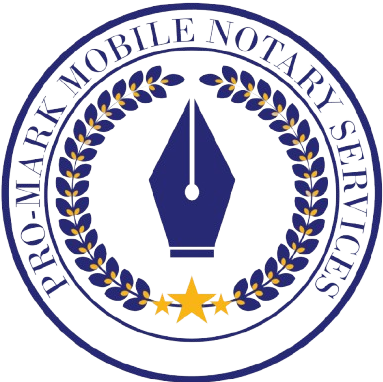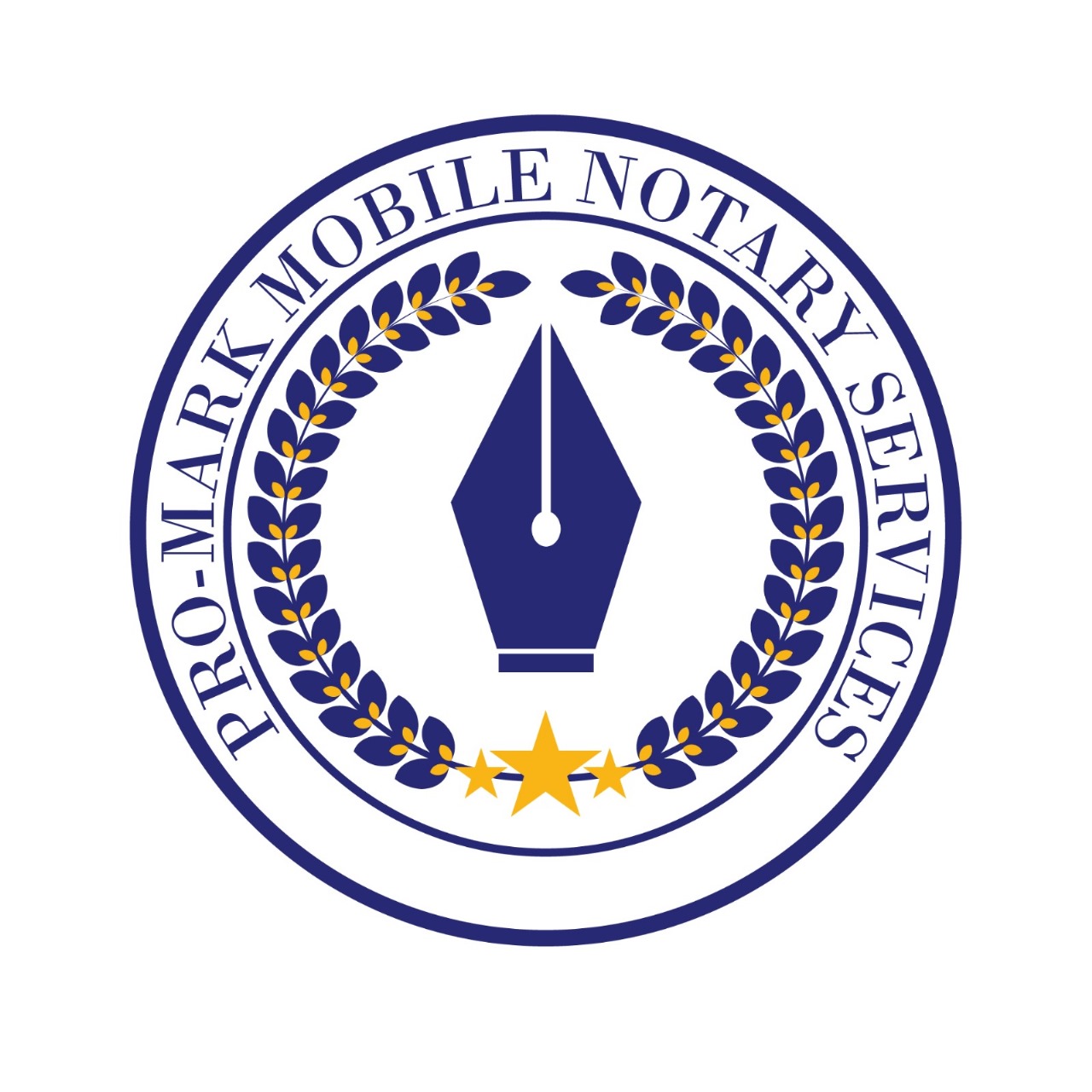When handling important personal and legal documents, trust is essential. In Minneapolis, the role of a notary public is vital for the authentication process of these documents. This comprehensive guide will delve into the responsibilities of a notary public Minneapolis, examining their role and what you should consider to ensure that your documents are managed with the highest level of care.
Understanding the Role of a Notary Public
A notary public is an official appointed by the state to serve as an impartial witness in the signing of important documents. Their primary role is to prevent fraud by verifying the identity of signers and ensuring they understand what they are signing. This process involves several key steps:

Identification Verification:
The notary verifies the identity of the individuals involved in the document. This typically involves checking photo IDs, such as a driver’s license or passport.
Document Review:
The notary ensures that the document is complete and that there are no blanks or errors.
Signature Witnessing:
The notary observes the signing of the document, ensuring that all parties are signing voluntarily and with a clear understanding of the document’s contents.
Certification:
After witnessing the signing, the notary affixes their seal and signature to the document, certifying its authenticity.
This process helps ensure that documents are executed properly and can be accepted by courts, financial institutions, and other entities.
The Importance of Trust in the Notarization Process
Given the critical role that notaries play, trust is an essential factor. Here’s why:
Confidentiality:
Notaries are entrusted with sensitive information. They must maintain confidentiality and not disclose any details of the documents or the transaction.
Impartiality:
A notary should act impartially and not have any personal interest in the transaction. This impartiality helps ensure that all parties are treated fairly.
Accuracy:
The notary must be accurate in their duties, ensuring that documents are correctly executed and that all legal requirements are met.
Legal Responsibility:
Notaries have a legal responsibility to uphold the laws governing their profession. Misconduct can lead to legal consequences for both the notary and the parties involved.
Choosing a Reliable Notary in Minneapolis
To trust a notary with your personal documents, consider the following factors when choosing one in Minneapolis:
Credentials and Certification:
To ensure a notary is properly licensed and certified in Minnesota, verify that they are commissioned by the Secretary of State. In Minnesota, notaries must adhere to state regulations, including maintaining an active commission and following legal requirements. Checking the Secretary of State’s website or contacting their office can confirm the notary’s credentials and ensure they meet all state standards.
Experience:
When seeking a notary, it’s crucial to find one with experience relevant to the document you need notarized. Certain documents, like legal affidavits or real estate transactions, require a notary who is familiar with the specific requirements and procedures associated with them. An experienced notary will ensure that the notarization process is handled correctly and efficiently, reducing the risk of errors or delays. Make sure to ask about their background and expertise to ensure they are well-suited to handle your specific needs.
Reputation:
Check reviews or ask for recommendations from trusted sources. A notary with a good reputation is more likely to provide reliable service.
Professionalism:
Assess the notary’s professionalism and adherence to ethical standards. A professional notary will handle your documents with care and respect.
Availability:
Ensure the notary is available when you need them. Some notaries offer flexible hours or mobile services, which can be convenient.
How to Ensure Your Documents Are Handled Safely
To ensure that your documents are handled safely, follow these tips:
Choose a Reputable Notary:
When choosing a notary, it’s essential to prioritize those with a solid reputation and the proper credentials. A reputable notary will not only bring professionalism to the process but also ensure that all legal documents are handled with accuracy and integrity. Verifying their credentials and seeking recommendations can help avoid potential issues and guarantee that your important documents are in capable hands.
Provide Accurate Information:
Ensuring that all information provided to the notary is accurate and complete is crucial for maintaining the validity of the document. Inaccurate or incomplete details can lead to significant issues, including potential delays or even the rejection of the document. It is essential to review all information thoroughly before submission to avoid complications and ensure that the notarization process proceeds smoothly.
Understand the Process:
The notarization process involves several key steps to ensure that documents are properly verified and executed. Initially, the notary public verifies the identity of the signer through valid identification. Next, the signer must acknowledge that they understand the document and are signing it willingly. The notary then witnesses the signing, applies their official seal, and records the transaction in their logbook. This process helps to prevent fraud and ensures the authenticity of the document. Being familiar with these steps helps in efficiently completing notarization and ensuring that all legal requirements are met.
Secure Your Documents:
To ensure the safety of your sensitive documents, it’s important to store them in a secure location and only present them to a notary when absolutely necessary. This precaution helps protect your information from unauthorized access or potential misuse. By limiting the exposure of your documents and verifying the credentials of the notary, you can maintain greater control over your personal or business-related information.
Verify Notary’s Seal and Signature:
After notarization, it’s crucial to verify that the notary’s seal and signature are correctly affixed to the document. This step confirms the validity of the notarization, ensuring that the document is officially recognized and accepted. Checking these elements helps prevent any potential issues with the document’s authenticity or acceptance in legal and official matters.
Ending point
Trusting a notary public with your personal documents involves understanding their role, responsibilities, and the legal framework governing their profession. By choosing a reputable and experienced notary, understanding the notarization process, and taking steps to ensure the safe handling of your documents, you can have confidence in the integrity of the notarization process.


